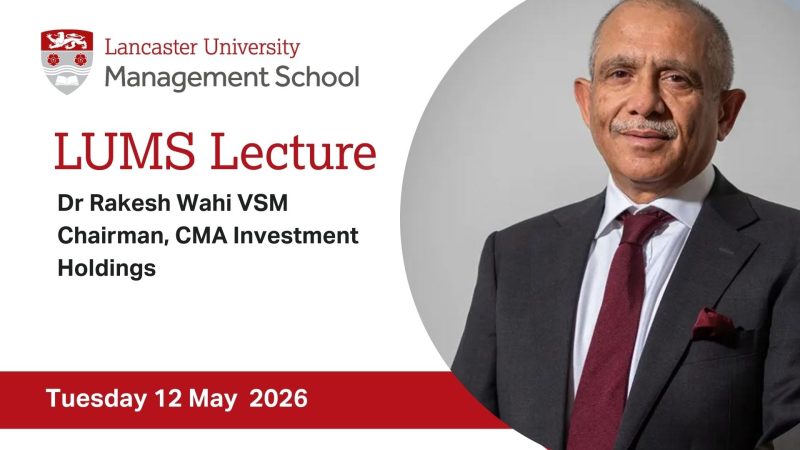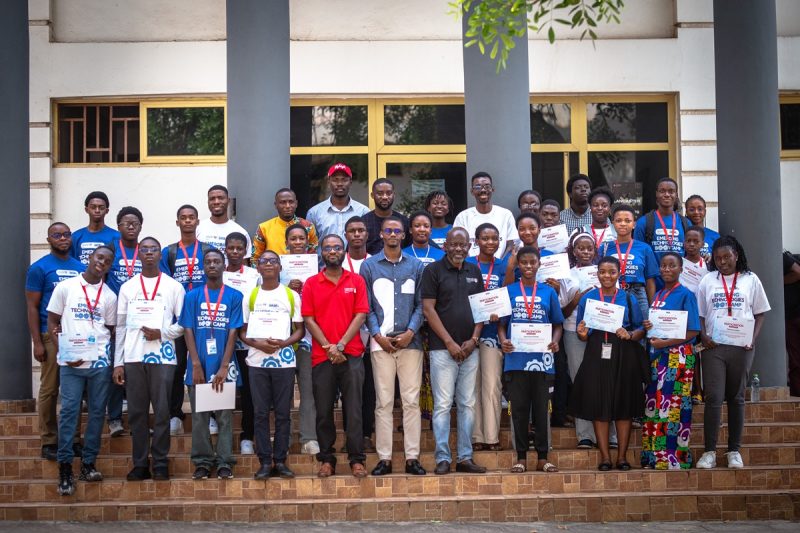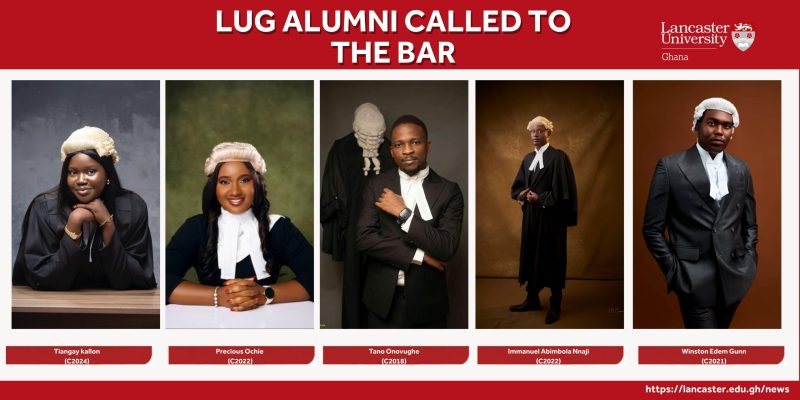On 30th January, 2019, a Circular Economy workshop was held on our campus hosted by Footprints Africa in collaboration with Dr Alison Stowell, Associate Director of Lancaster University's Pentland Centre for Sustainability in Business, to explore the topic 'How can the Circular Economy improve business in Ghana?'
This one day workshop brought together stakeholders in waste management and catering in Ghana to discuss how they are applying circular economy principles and the barriers they face. In attendance were participants from international policy bodies such as the UNDP, civil society organisations like the Green Africa Youth Organisation, food and beverage companies like Guinness Ghana Breweries Limited (a member of GRIPE, a coalition of leading manufacturers working to integrate sustainable waste management solutions in Ghana), leading waste management companies such as Jekora Ventures, Environment 360 and rePATRN, and business support organisations such as Leaders and Mentors International, Growth Mosaic and MDF West Africa.
Gifty Abban, a faculty member of our Business Department introduced LU Ghana and the work on the RECIRCULATE project. RECIRCULATE is a £ 7M project funded by UK Research & Innovation through the Global Challenges Research Fund (GCRF). GCRF is a 5-year £ 1.5Billion fund and a key component in the delivery of the UK Aid Strategy: tackling global challenges in the national interest. RECIRCULATE is an international collaboration between Lancaster University (UK), Lancaster University (Ghana), The Centre for Scientific and Industrial Research (Ghana), University of Benin (Nigeria), The Botswana International University of Science and Technology (Botswana), The African Technology Policy Studies Network (Kenya),The National Commission for Science and Technology (Malawi) and The Copperbelt University (Zambia).

Source: Kate Raworth, 2018
The workshop focused on how to get the most value (and not just money) from the two material flows identified in the economy: technical and biological materials- shown in the diagram above. Participants analysed each material flow and its relevance to their own organisations. They then re-designed processes that would keep materials cycling, rather than being lost as waste. These activities helped participants see that, by applying circular economy principles, they could significantly reduce resource use and therefore costs in their organisations.
The main concern expressed by participants was the absence of integrated systems to help them transition to a circular economy. Key questions that participants asked included:
‐ Are there financial and regulatory incentives for me to adopt circular economy principles? What would the business model look like?
‐ How can I guarantee consistent volumes and quality of feedstock to build a business? For example, food waste for anaerobic digestion and certain types of plastic for recycling.
‐ How do we build demand for products made from second life materials?
‐ How do we educate different sectors of society on their role in a circular economy?
‐ Given the circular economy is a system re-think, how do we coordinate activity and different actors?
‐ Do financial institutions understand the circular economy sufficiently to design financial products that will support its development? Are such products available?

Many conversations showcased circular principles in action; highlighting a diverse variety of business models (critical for resilient systems), including the informal sector (providing critical employment for low-skilled workers) and sharing knowledge (the flow of information is as important as the flow of materials for constant innovation and evolution). We witnessed high appetite for collaboration and a hunger from the private sector to lead the charge towards the circular economy. With a strong pull, national and regional policy will have no choice but to catch up.
Throughout the workshop it was evident that participants had an appetite for collaboration and action. Without coordination, it will be hard for this appetite to be transformed into actual results. Footprints is excited to create a space for different actors to come together around specific challenges and create actionable steps for change we can all be part of.
Credit: Josephine Agbeko, Footprints Africa
Footprints Africa is a UK-registered charity with a mission to prove that business can be a force for good at scale, and is championing the design of new business models to achieve this. The organisation supports SMEs to adopt sustainable business practices and create jobs, using supply chains as a tool for development.
Dr Alison Stowell, whose principal research interests focus on waste and the circular economy, is a researcher at the Pentland Centre for Sustainability in Business, Lancaster University Management School, UK.
Mrs Gifty Abban, a RECIRCULATE researcher interested in business modules on renewable energy technologies (especially anaerobic digestion) that can be implemented in developing countries in a cost-efficient manner to convert waste into energy.




